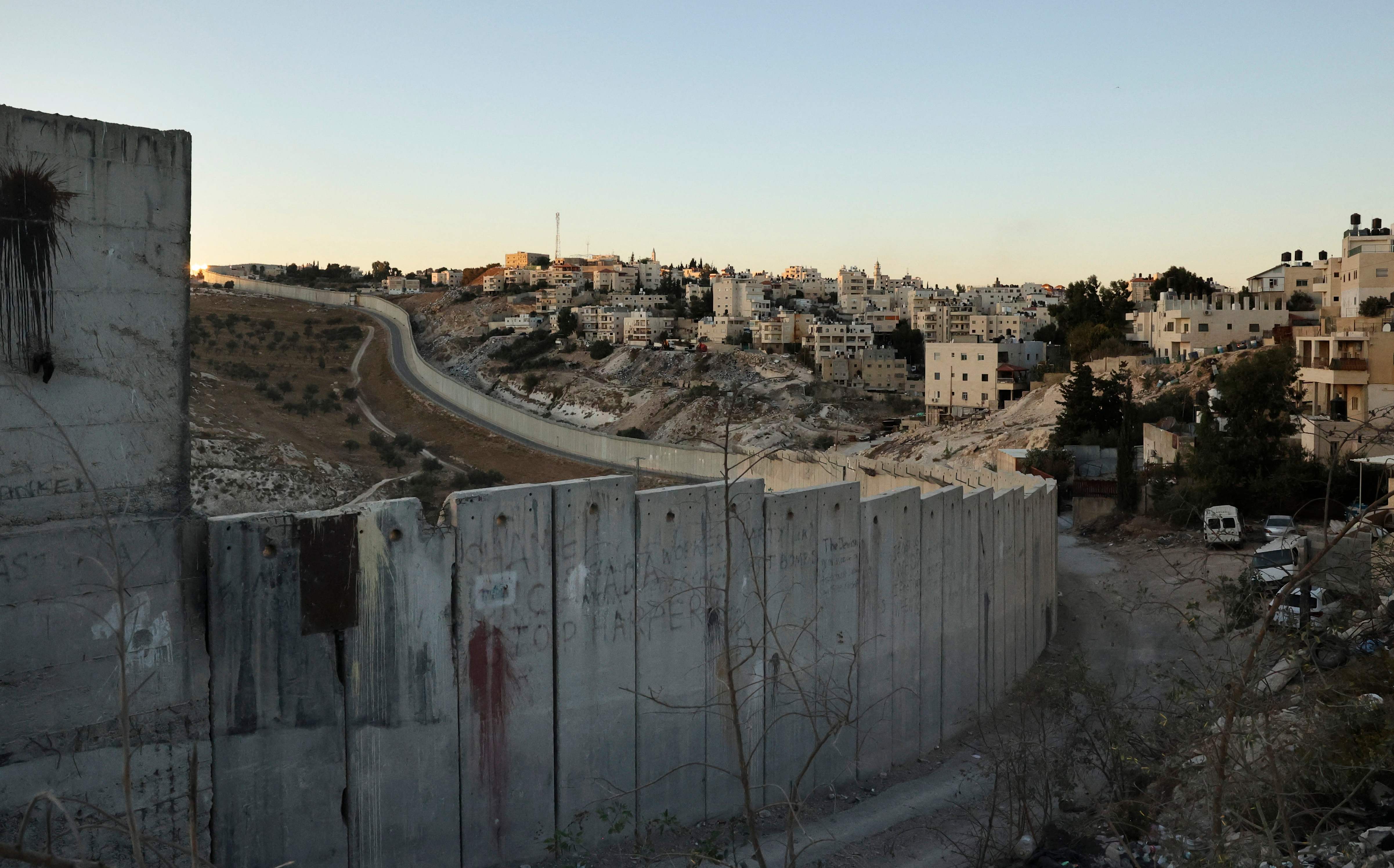Israel escalates surveillance of Palestinians with facial recognition program in West Bank
A former Israeli soldier said the technology was like a “Facebook for Palestinians”

Your support helps us to tell the story
From reproductive rights to climate change to Big Tech, The Independent is on the ground when the story is developing. Whether it's investigating the financials of Elon Musk's pro-Trump PAC or producing our latest documentary, 'The A Word', which shines a light on the American women fighting for reproductive rights, we know how important it is to parse out the facts from the messaging.
At such a critical moment in US history, we need reporters on the ground. Your donation allows us to keep sending journalists to speak to both sides of the story.
The Independent is trusted by Americans across the entire political spectrum. And unlike many other quality news outlets, we choose not to lock Americans out of our reporting and analysis with paywalls. We believe quality journalism should be available to everyone, paid for by those who can afford it.
Your support makes all the difference.Israel’s military is utilising facial recognition software to monitor Palestinians in the West Bank.
The sweeping surveillance effort utilises a smartphone technology called Blue Wolf and has been in operation for the past two years, as reported by The Washington Post.
A former Israeli soldier told the newspaper the technology was like a “Facebook for Palestinians”, as it was able to capture photos of Palestinians and match them with a database.
The photos to build the database for Blue Wolf were taken by the Israeli army of Palestinians of varying ages. It is unclear how many photos have been taken for the surveillance programme, but it is understood to be thousands.
Soldiers are then able to use an app that will flash different colours to ascertain if a Palestinian is to be arrested, detained or left alone.
In addition to the Blue Wolf technology, the Israeli army has installed facial-scanning equipment at the city of Hebron to assist soldiers with identification of Palestinians.
A former Israeli solider who served in an intelligence unit told the Post: “I wouldn’t feel comfortable if they used it in the mall in [my hometown], let’s put it that way.
“People worry about fingerprinting, but this is that several times over.”
A number of US cities such as San Francisco and Boston have banned facial recognition software and early last month the European Parliament voted for a ban on facial recognition in all public places.
Roni Pelli, a lawyer with the Association for Civil Rights in Israel, said: “While developed countries around the world impose restrictions on photography, facial recognition and surveillance, the situation described [in Hebron] constitutes a severe violation of basic rights, such as the right to privacy, as soldiers are incentivized to collect as many photos of Palestinian men, women, and children as possible in a sort of competition.”
When asked about surveillance operations the Israel Defence Force (IDF) told the Post cannot they “cannot comment on the IDF’s operational capabilities in this context”.
Join our commenting forum
Join thought-provoking conversations, follow other Independent readers and see their replies
Comments